Politics After Christendom
$29.99
For more than a millennium, beginning in the early Middle Ages, most Western Christians lived in societies that sought to be comprehensively Christian–ecclesiastically, economically, legally, and politically. That is to say, most Western Christians lived in Christendom. But in a gradual process beginning a few hundred years ago, Christendom weakened and finally crumbled. Today, most Christians in the world live in pluralistic political communities. And Christians themselves have very different opinions about what to make of the demise of Christendom and how to understand their status and responsibilities in a post-Christendom world.
Politics After Christendom argues that Scripture leaves Christians well-equipped for living in a world such as this. Scripture gives no indication that Christians should strive to establish some version of Christendom. Instead, it prepares them to live in societies that are indifferent or hostile to Christianity, societies in which believers must live faithful lives as sojourners and exiles. Politics After Christendom explains what Scripture teaches about political community and about Christians’ responsibilities within their own communities.
As it pursues this task, Politics After Christendom makes use of several important theological ideas that Christian thinkers have developed over the centuries. These ideas include Augustine’s Two-Cities concept, the Reformation Two-Kingdoms category, natural law, and a theology of the biblical covenants. Politics After Christendom brings these ideas together in a distinctive way to present a model for Christian political engagement. In doing so, it interacts with many important thinkers, including older theologians (e.g., Augustine, Aquinas, and Calvin), recent secular political theorists (e.g., Rawls, Hayek, and Dworkin), contemporary political-theologians (e.g., Hauerwas, O’Donovan, and Wolterstorff), and contemporary Christian cultural commentators (e.g., MacIntyre, Hunter, and Dreher).
Part 1 presents a political theology through a careful study of the biblical story, giving special attention to the covenants God has established with his creation and how these covenants inform a proper view of political community. Part 1 argues that civil governments are legitimate but penultimate, and common but not neutral. It concludes that Christians should understand themselves as sojourners and exiles in their political communities. They ought to pursue justice, peace, and excellence i
in stock within 3-5 days of online purchase
SKU (ISBN): 9780310108849
ISBN10: 0310108845
David VanDrunen
Binding: Trade Paper
Published: April 2020
Publisher: Zondervan
Related products
-
Life Together : The Classic Exploration Of Christian Community
$15.99Martyred by the Gestapo near the end of World War II for plotting to assassinate Hitler, Dietrich Bonhoeffer left a legacy of writings that has become a prized testimony of faith and courage for Christians around the world. Life Together is Bonhoeffer’s inspiring account of a unique fellowship in an underground seminary during the Nazi years in Germany. It reads like one of Paul’s letters, giving practical advice on how life together in Christ can be sustained in families and groups. The role of personal prayer, worship in common, everyday work, and Christian service is treated in simple, almost biblical, words. Life Together is bread for all who are hungry for the real life of Christian fellowship.
Add to cart1 in stock (additional units can be purchased)
-
Rabbit Has A Party
$9.99Join Rabbit and Mouse and all their woodland friends as they learn an important lesson about forgiveness. Perfect for Easter baskets, birthdays, or for any day of the year!
It’s springtime and Rabbit wants to have a party for all the friends. Mouse is a ‘not so helpful’ helper who gets into trouble because of an appetite for cupcakes. Join them and ll their woodland friends as they learn an important lesson about forgiveness.
Add to cart2 in stock




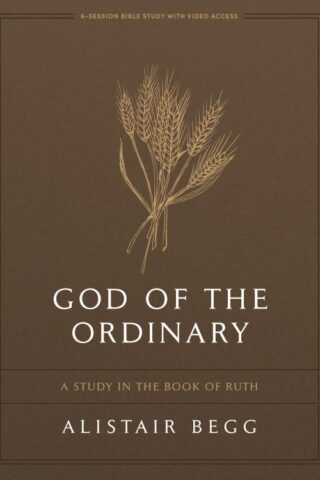

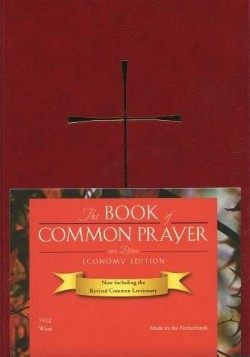
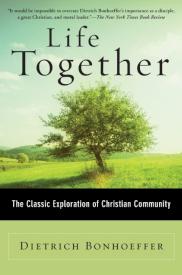
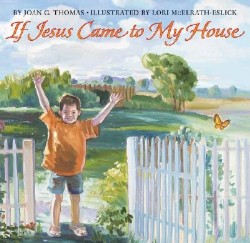

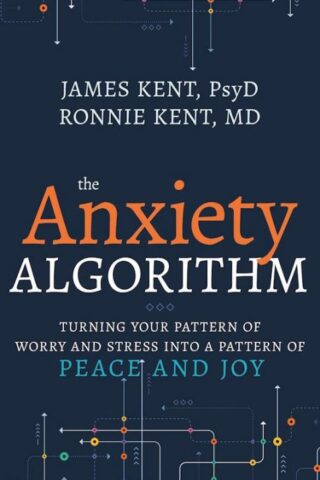
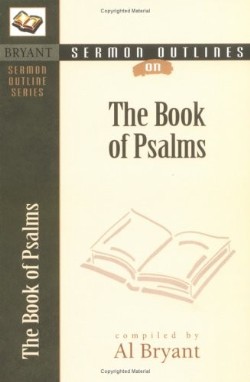
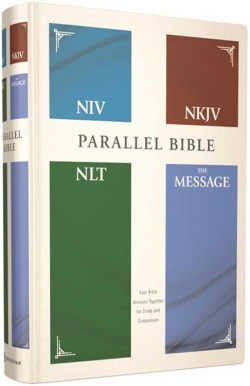

Reviews
There are no reviews yet.